trending topics
market reports
-

Registration Now Open: MEDICAL JAPAN 2026 OSAKA – Western Japan’s Largest Healthcare Trade Show
2026-02-10
-
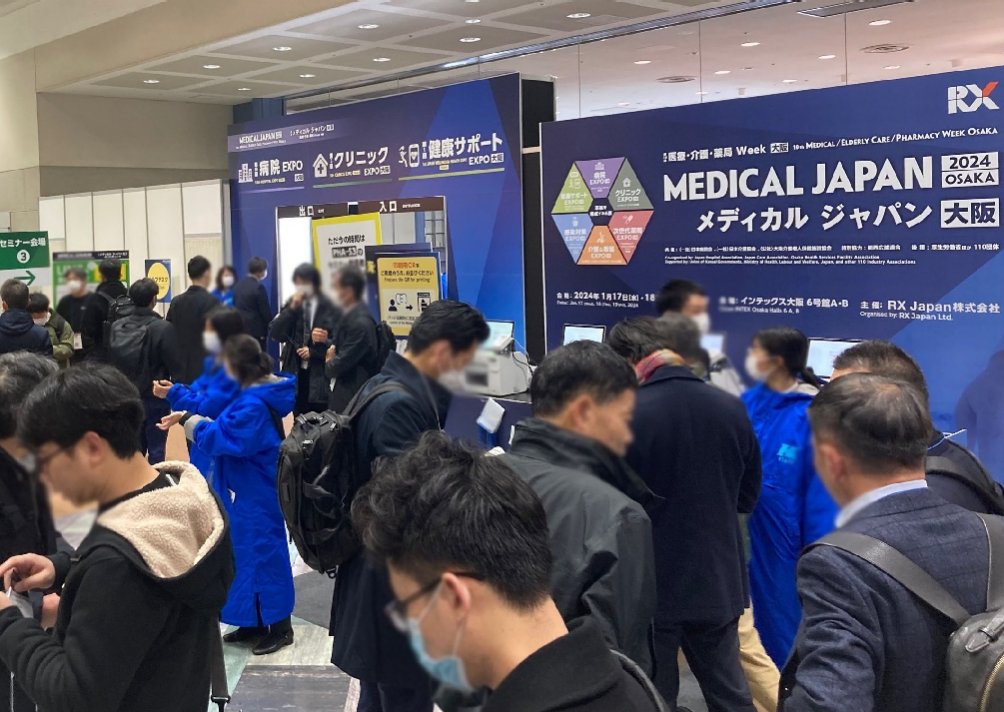
MEDICAL JAPAN 2025 OSAKA Returns to Showcase Global Innovations
2025-02-17
-
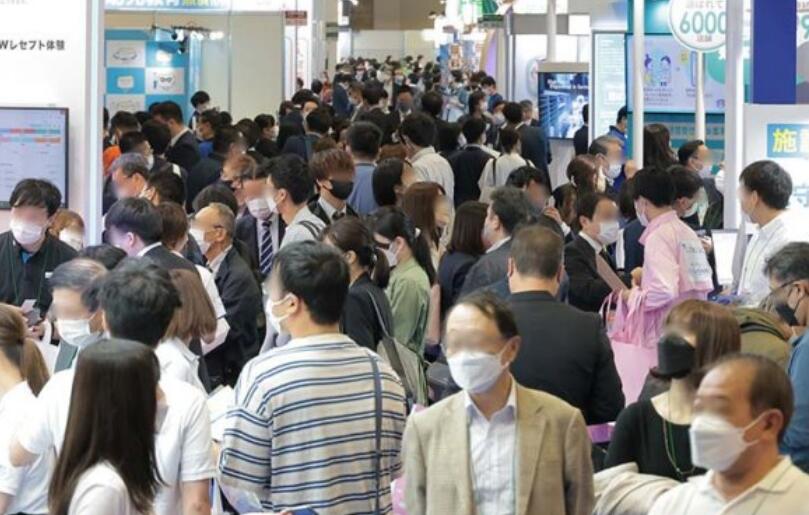
Visit MEDICAL JAPAN 2023 TOKYO and take full advantage of the business opportunities!
2023-09-01
-
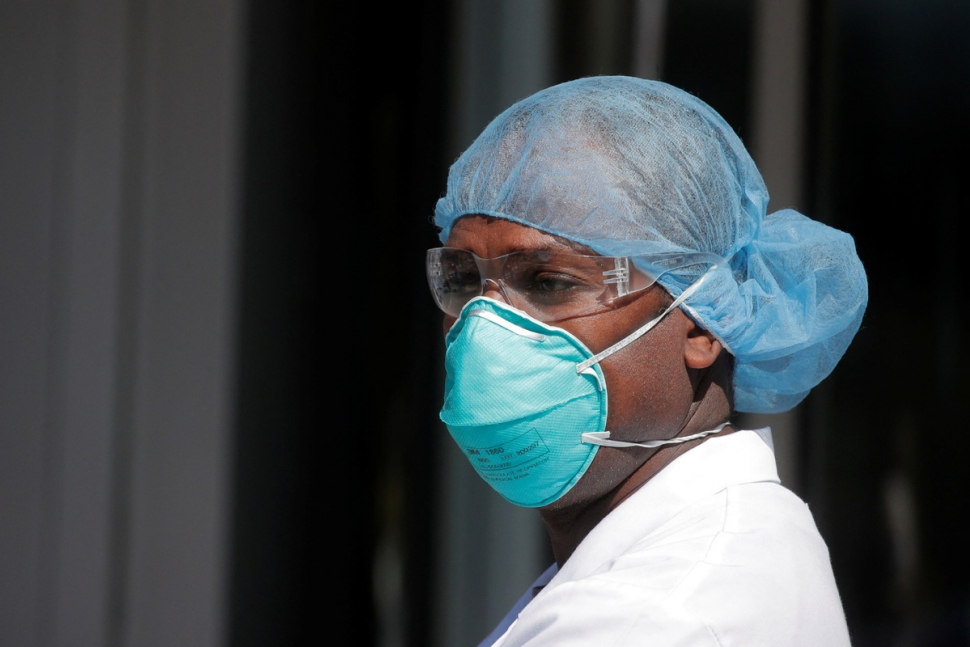
US to distribute 400 million free N95 masks at CVS, Walgreens in COVID fight
2022-01-21
-
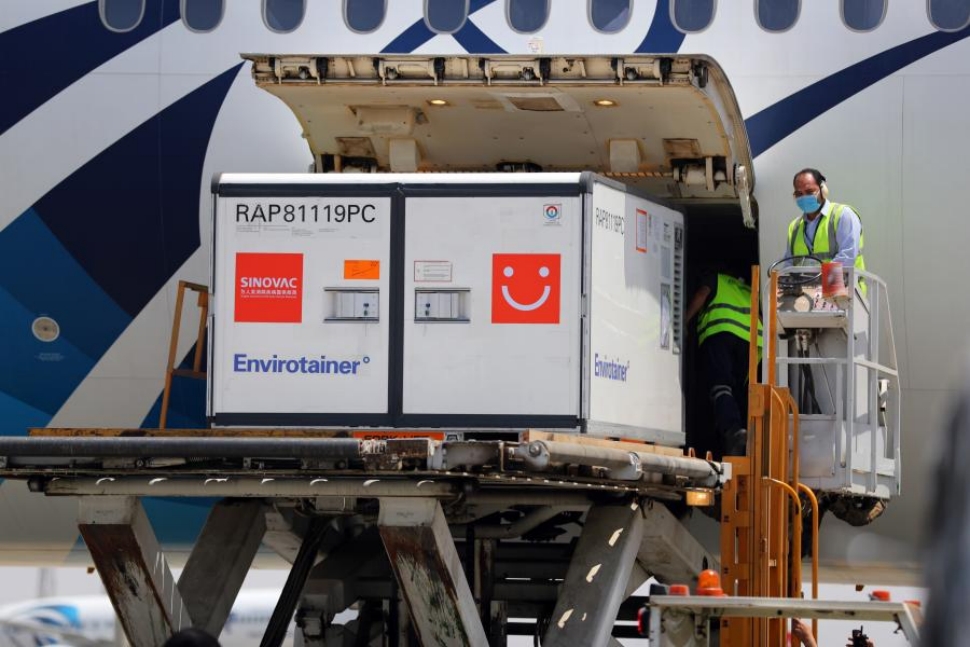
Ethiopia receives additional 2.2 mln doses of Chinese-donated COVID-19 vaccines
2022-01-21
-
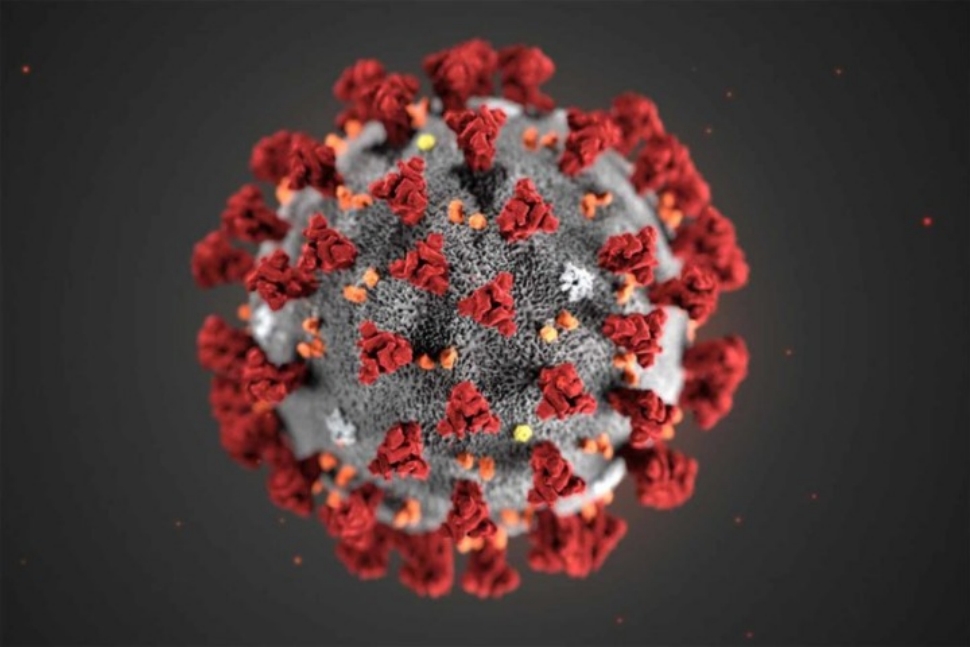
Hong Kong researchers say they develop novel material able to kill COVID-19 virus
2022-01-14
-

10 million more Chinese doses on way for Kenya
2022-01-14
-

Sino-African ties on track for a brighter future
2022-01-07
-

Efforts urged to boost COVID-19 vaccine production capacity in poor countries
2022-01-07
-
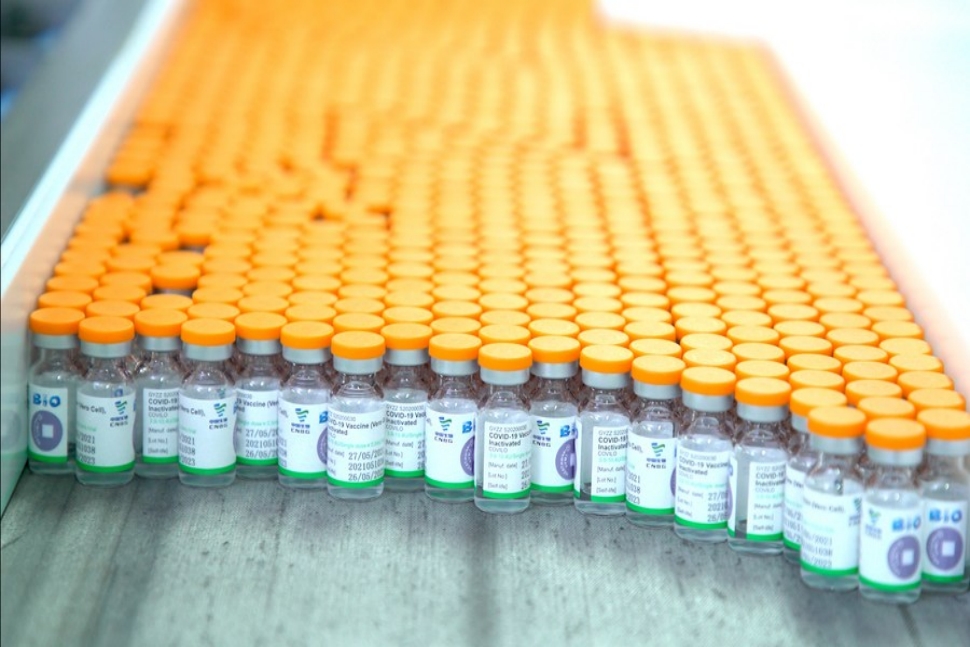
UAE approves Sinopharm's new protein-based COVID-19 vaccine
2022-01-07
AI applications gather pace in medical field
2020-10-28
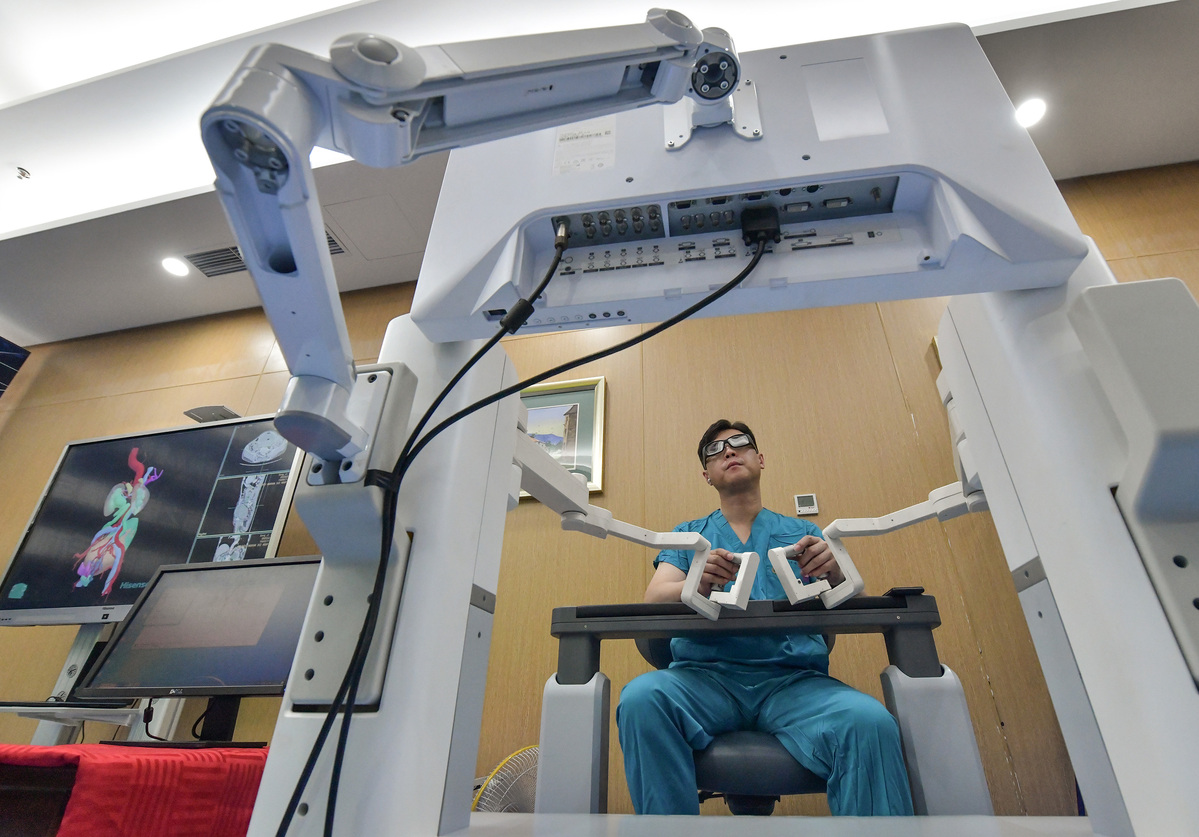
A doctor performs a remote surgery using a 5G-enabled smart robot at a hospital in Qingdao, Shandong province, in September. [Photo/Xinhua]
Tech firms deepen ties with hospitals, pharma industries for better products
China's healthcare industry is finding increasingly sophisticated applications for artificial intelligence as it evolves from basic uses of AI, industry experts said.
Specialist AI enterprises related to the medical industry have also formed mature business models, they said.
According to a recent report from online healthcare website Vcbeat.top, use of AI in China's healthcare sector is expected to generate a business of 30 billion yuan ($4.5 billion) this year, on the back of a compound annual growth rate in excess of 40 percent over the past five years.
Shi Anjie, a research fellow at VCBeat Research, an industry research organization, said, "In the past decade, China's medical AI industry has experienced rapid growth, and AI enterprises have been able to form a relatively mature business model."
He said before 2018, AI was used mostly in installation of software in hospitals or in cooperation with pharmaceutical enterprises and was far from commercialization.
"The AI firms specializing in the medical and healthcare fields were growing somewhat wildly. Developers of AI products for the medical industry had no relevant background. The products they designed were misaligned with real medical needs. This created a lot of room for improvement," Shi said.
At that time, cooperation in scientific research became the main business mode of AI enterprises in the field. Enterprises set up thesis teams to help doctors from the imaging department and information department to finish their theses. Hospitals offered clinical data to AI enterprises so that they could fine-tune the AI products, enhance their algorithms and make them intuitive and intelligent.
With increased cooperation with hospitals, AI enterprises started to understand hospitals' real needs, and redeveloped products. Medical experts entered AI enterprises, enabling integration of internet-based AI technology and clinical medicine.
"Years of sustained efforts helped AI products to evolve in the medical field as technology enterprises realized that simply launching products in hospitals won't generate stable income. From cooperation in scientific research, focus shifted to bidding and purchasing next," Shi said.
Shenzhen-based Ping An Insurance (Group) Co Ltd developed Ask-Bob, a virtual doctor assistant that is now used in around 20,000 medical institutions, serving 510,000 doctors.
Based on patients' symptoms, AskBob offers suggestions for checkup, diagnosis and treatment to doctors, greatly improving doctors' productivity.
Smart imaging system, another product from Ping An, covers nine systems of human body. With over 70 models deployed in the system, it can screen diseases and offer diagnostic assistance.
Its AI-based chronic disease management system offers user portrait, care plan recommendation, follow-up visit reminder and smart Q&A.
Over 600 hospitals have adopted the system. Consequently, diabetes patients' glycated hemoglobin compliance rate increased from 11.3 percent to 59.6 percent.
Xie Guotong, chief healthcare scientist of Ping An Group and head of the Ping An Health Technology Research Institute, said: "We took two steps in commercializing our medical AI products. The products were first applied in the medical ecosystem within Ping An Group. When the products became mature enough for wider use, we offered them to governments, hospitals, insurance companies, equipment manufacturers and pharmaceutical companies."
Doctoral degree-holder Shi Xiaochen, an ultrasonic department physician at Peking University People's Hospital, said that in recent years, AI has been gradually accepted in the healthcare sector.
"AI can analyze images of computerized tomography; and in basic cases, AI has more accuracy and objectivity than human eyes. Although complicated cases of intractable diseases still need expert consultation, AI helps us finish basic work, greatly relieving the workload," she said.
However, she noted that there is still a long way to go before medical AI products realize large-scale commercialization. "The technology still needs to mature more, for which talent, material and capital are required."
Agreed Shi from VCBeat Research. "AI enterprises should integrate resources and work together to complement each other's advantages. They should also work with medical equipment suppliers, information vendors and cloud computing providers to form an ecosystem, to boost innovation in the industry at lower costs and risks."
(China Daily)



 My Member
My Member Message Center
Message Center











